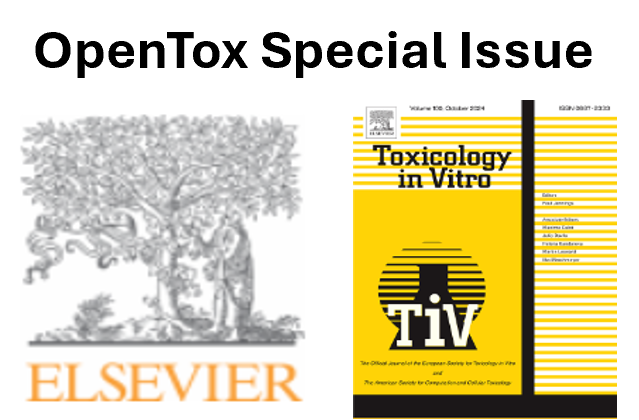
Dr. Vallés-Pardo is a senior researcher at ProtoQSAR, specialist in the development and application of in silico tools for the risk assessment of existing and new materials. Dr. Vallés Pardo (València, 1985) obtained his Chemistry degree at University of València in 2008. After one year of research as Erasmus student in the Biophysical Organic Chemistry department of Universiteit Leiden, he joined them as a PhD student with a project entitled “In silico study of reaction mechanisms and design principles for water oxidation catalysts”, obtaining the PhD title in 2012. Then, he continues involved in computational chemistry research, as a post-doc at EMPA (Swiss Federal Laboratories for Materials Science and Technology, Dübendorf, Switzerland) and as a Molecular Modelling expert at Rolic Technologies Ltd (Allschwill, Switzerland), in both cases working in computer-aided optimization of materials for the pre-aligment of polymer films in LCD displays. Then, he follows an official data science course at ECAM (Strasbourg) to turn himself into the data world. This conversion grants him the opportunity to come back to Spain as a data analyst at IIS-LaFE (Health Research Institute-Hospital La Fe, València). Then, in 2021 he was awarded with a MSCA grant at ProtoQSAR with the project entitled “GenoQSAR”. After this two year period, he continued at ProtoQSAR, working in several projects as a senior researcher, until the present.
Implementation of a workflow for an Integrated Testing Strategy for genotoxicity using QSAR-based tools
Vallés-Pardo, José Luis1; Serrano-Candelas, Eva1; Moncho, Salvador1; Gozalbes, Rafael1,2
1ProtoQSAR SL, Centro Europeo de Empresas Innovadoras (CEEI), Paterna (Spain) 2MolDrug AI Systems S.L., València (Spain)
In order to evaluate the potential impact of chemical substances on both human health and the environment, and to guarantee the safe use of these chemicals, the European Union’s REACH regulation mandates that chemical registrants conduct a series of tests to meet the Standard Information Requirements. However, this testing framework poses two significant challenges. Firstly, there is a substantial economic burden, as conducting these tests requires considerable investment of resources, including both financial costs and the time necessary to complete them. Secondly, there are ethical concerns regarding the reliance on animal testing, which raises questions about the welfare of animals used in such experiments. In light of these concerns, regulatory agencies are increasingly encouraging registrants to adopt measures that minimize the number of animal-based experiments, in alignment with the 3Rs principle (Replacement, Reduction, and Refinement). Two of these measures are the Integrated Testing Strategies (ITS), to minimize the number of needed tests, and the computational approaches, such as QSAR, to substitute the experimental tests.
In the present work, we have developed a fully computational ITS to evaluate the genotoxicity of chemicals. This workflow includes data from a complete battery of assays for gene mutation and cytogenotoxicity, covering bacterial, in vitro, and in vivo assays. These data are incorporated into an automated workflow called GenoITS, part of the ProtoPRED prediction suite (https://protopred.protoqsar.com/), which follows the schema proposed by REACH for genotoxicity assessment. The GenoITS workflow guides users through the testing process, allowing them to input their own data and supplement any gaps with our in-house QSAR models. The final output provides a binary classification (genotoxic/not genotoxic) by integrating results from the required tests together with the required REACH annex to fulfil.

